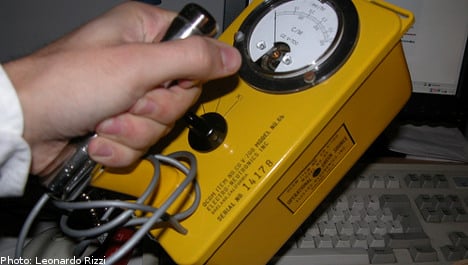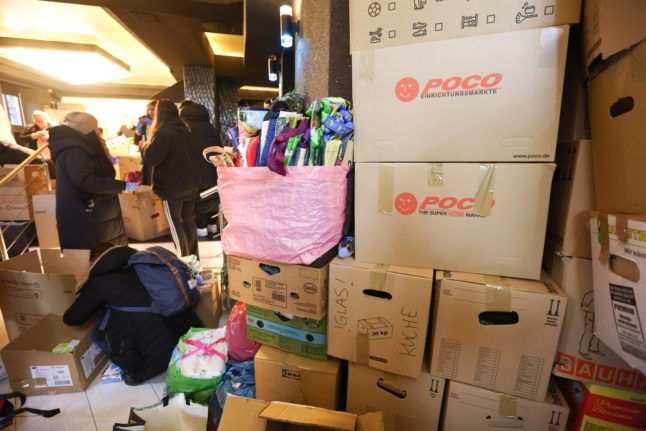The first changes in radioactivity in Sweden’s skies, very low levels of the radioisotope Iodine-131, have been registered at measurement centres in Stockholm, Umeå and Kiruna.
“Exactly as we had expected, we have now measured radioactive iodine from the nuclear accident in Japan,” Leif Moberg, head of research at the Radiation Safety Authority, said in a statement.
“The levels are very low and do not entail any risks at all for people or the environment,” he added.
The Swedish Defence Research Agency (Totalförsvarets Forskningsinstitut – FOI), which is carrying out the measurements on behalf of the authority, has not discovered any traces of Iodine-131 at its three other centers in Gävle, Visby, and Ljungbyhed.
The highest levels were recorded in Stockholm, but the authority described the reading of 0.3 milli-becquerels per cubic metre of air as “completely negligible”.
The authority said the measurements were much lower than the levels of constant background radiation in Sweden emanating from bedrock and other sources.
The authority will continue to monitor the situation and publish up to date radiation measurements on its website (see below).



 Please whitelist us to continue reading.
Please whitelist us to continue reading.
Member comments